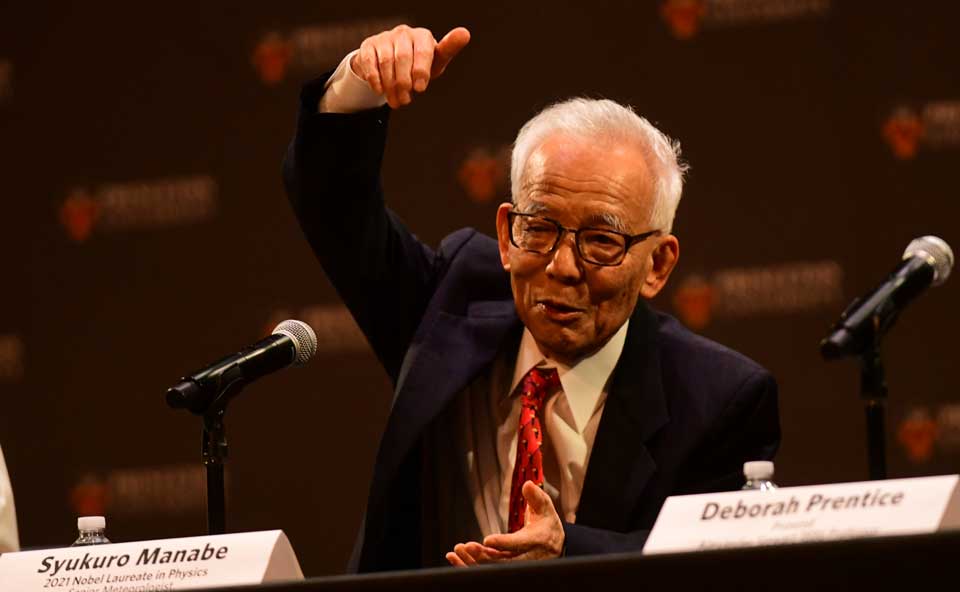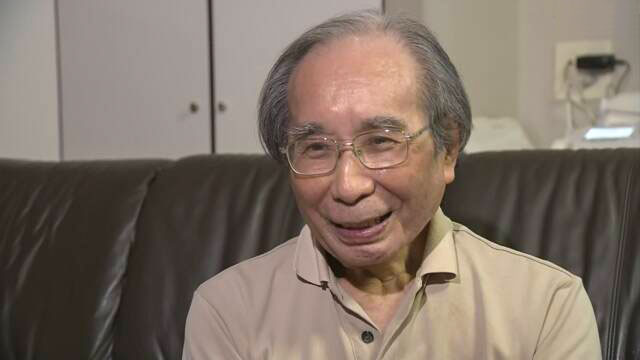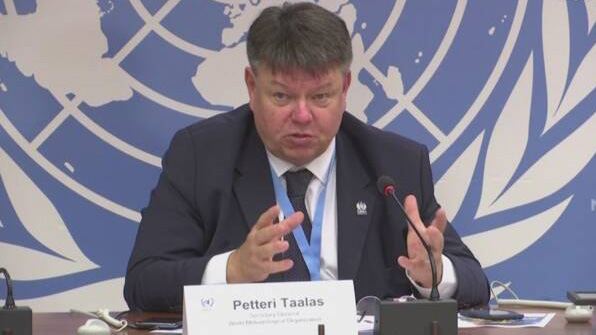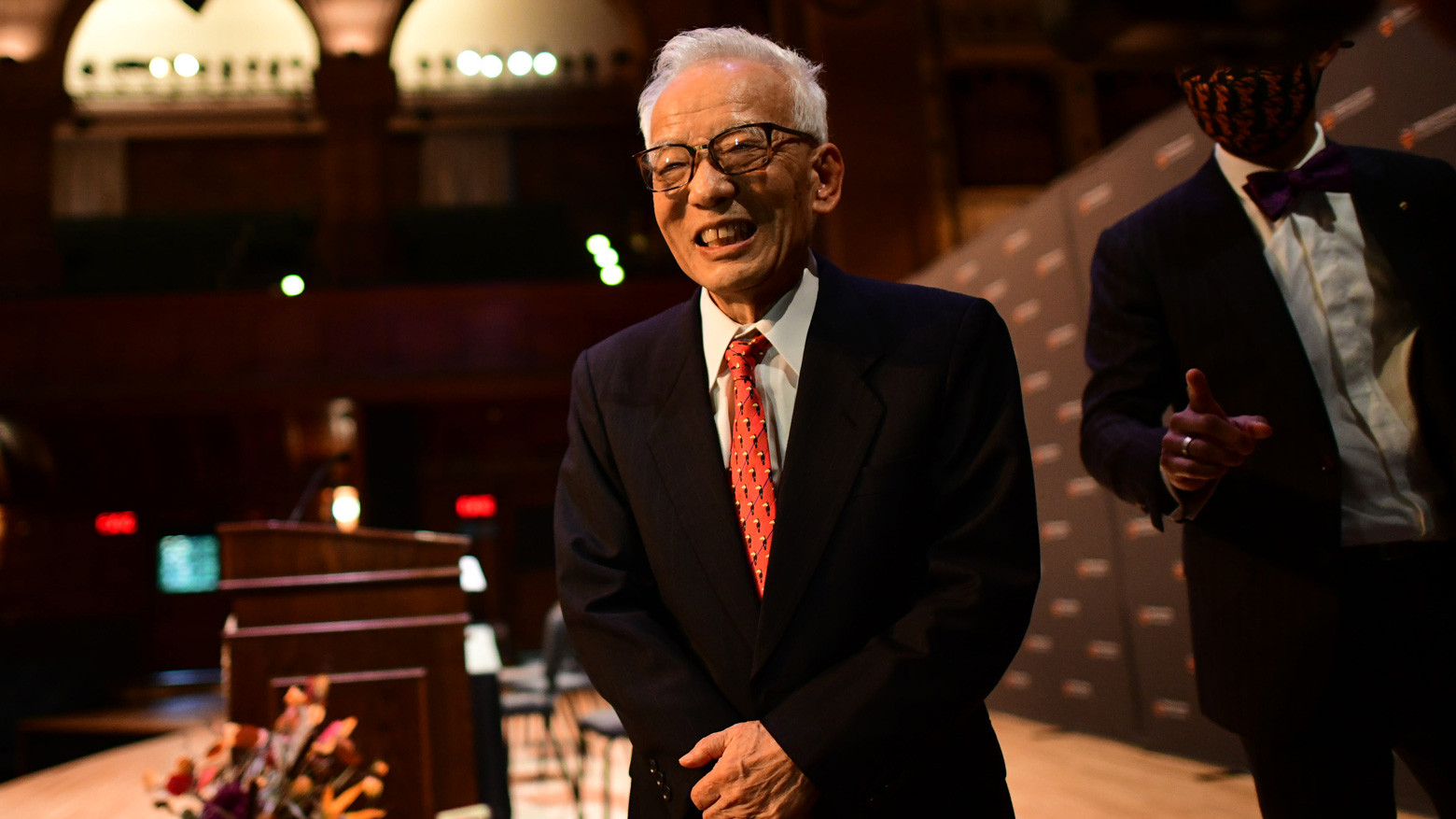The Princeton University meteorologist, whose work laid the foundation for climate change science, shared this year's honor with Italian theoretical physicist Giorgio Parisi, 73, and German oceanographer Klaus Hasselmann, 89.
Manabe is regarded as a pioneer in his field. During the 1960s, he showed how carbon dioxide in the atmosphere contributed to rising surface temperatures on Earth.
Other scientists built on his work, including Hasselmann, and their discoveries have allowed for more reliable predictions of global warming.
This is the first time the Nobel in Physics has recognized work in the area. Manabe says he could not have envisaged how important his research would become.

"I never imagined that this thing I was beginning to study [would have] such huge consequences," he told a press conference at Princeton University.
"I was doing it just because of my curiosity. I really enjoyed studying climate change. Curiosity is the thing which drives all my research activity. It is great fun to use a model to study how climate change over the last 400 million years has evolved."
Born in Ehime Prefecture, western Japan, in 1931, Manabe completed his doctorate at the University of Tokyo in 1958 then moved to the United States as a meteorological researcher.
He worked at the National Oceanic and Atmospheric Administration, helping it set up a joint venture climate research laboratory with Princeton University. He joined the University's faculty in 1968 and became a US citizen in 1975.
Reaction back home
Back in Japan, his friends and colleagues are delighted by Manabe's success. Elementary schoolfriend Ooka Takeshige says it is "like a dream that my friend from the same hometown has won the prize".
Ooka recalls that Manabe was always a top-class student, and never wanted to lose, even at sports.
Matsuno Taro at the Japan Agency for Marine-Earth Science and Technology has known Manabe since the pair were graduate students more than 60 years ago. He says Manabe broke new ground to explore climate issues through physics.

Matsuno describes the Nobel winner as a remarkable scientist who has always remained humble and frank. Some of that humility came across in response reported by Princeton Unviversity on Tuesday: I never dreamed I would win the Nobel physics prize. If you look at the list of past winners, they are amazing people who have done marvelous work. In contrast, what I have been doing looks trivial to me. But I'm not going to complain."
A validation of climate science
In addition to honoring the work of the people involved, the Nobel is a validation of the broad science of climate change. Petteri Taalas, Secretary-General of the World Meteorological Organization said the good news is that skeptics or deniers of scientific facts are "not so visible anymore" and "this climate science message has been heard."

United Nations Secretary-General Antonio Guterres tweeted that the Nobel winners' "commitment to science and understanding how the world around us works have created the foundations to act on the most pressing challenges humanity faces, including the climate crisis".
Goran Hansson, the Secretary General of the Royal Swedish Academy of Sciences, says the awarding of this year's Physics Nobel recognizes that "global warming is resting on solid science. That's the message."
UN Climate Change Conference
The award comes just weeks before experts and policymakers from around the world gather in Glasgow, Scotland, for the UN Climate Change Conference known as COP 26.
Asked if he had a message for them, Manabe said that developing climate policy is "a thousand times more difficult" than making climate predictions.

